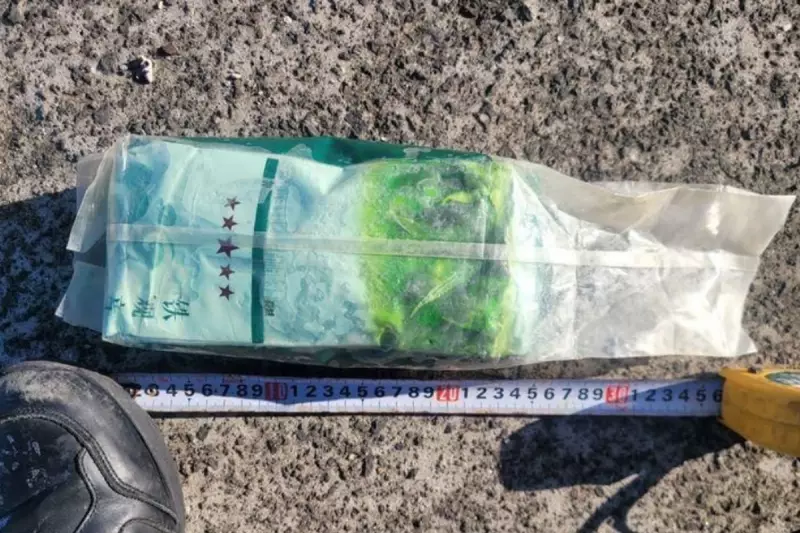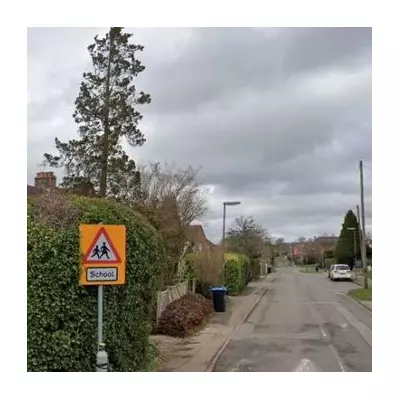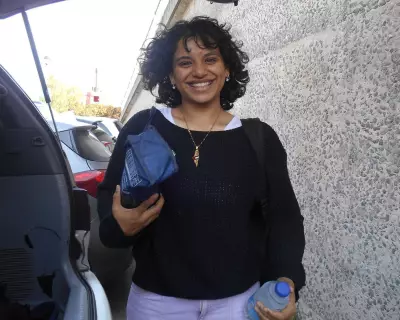
A major drug smuggling operation has taken a bizarre turn after packets of ketamine, cleverly disguised as Chinese oolong tea, began washing ashore on the popular South Korean holiday island of Jeju.
A Concerning Discovery on the Coast
Since late September, authorities on Jeju Island have made a series of alarming discoveries along its picturesque coastline. Over 28 kilograms of the illegal substance ketamine have been recovered from various beaches, including the popular tourist spot Gwangchigi Beach.
The drugs were found sealed in foil-wrapped packets marked with Chinese characters, falsely presenting themselves as harmless oolong tea. This sophisticated packaging was clearly designed to evade detection.
Multi-Million Pound Haul and Investigation
Authorities have placed the total value of the seized ketamine at a staggering 87 billion won, approximately £53 million. Investigators estimate each kilogram to be worth around 3 billion won on the illicit market.
Coastguard officials believe the packages are arriving via ocean currents, noting similar finds in the South Korean city of Pohang and on Japan's Tsushima Island. Organised drug syndicates using sea-based smuggling methods are a primary line of inquiry, with investigators not ruling out this sophisticated criminal activity.
Local Impact and Ongoing Response
The repeated drug finds have sparked significant concern among local residents. Many fear for the island's reputation as a safe family holiday destination and worry about the potential for children to discover the dangerous packages.
In response, officials have intensified coastal searches and issued public warnings, urging beachgoers to remain vigilant and report any suspicious items immediately. The situation remains under active investigation as authorities work to trace the origin of this floating narcotics consignment.





